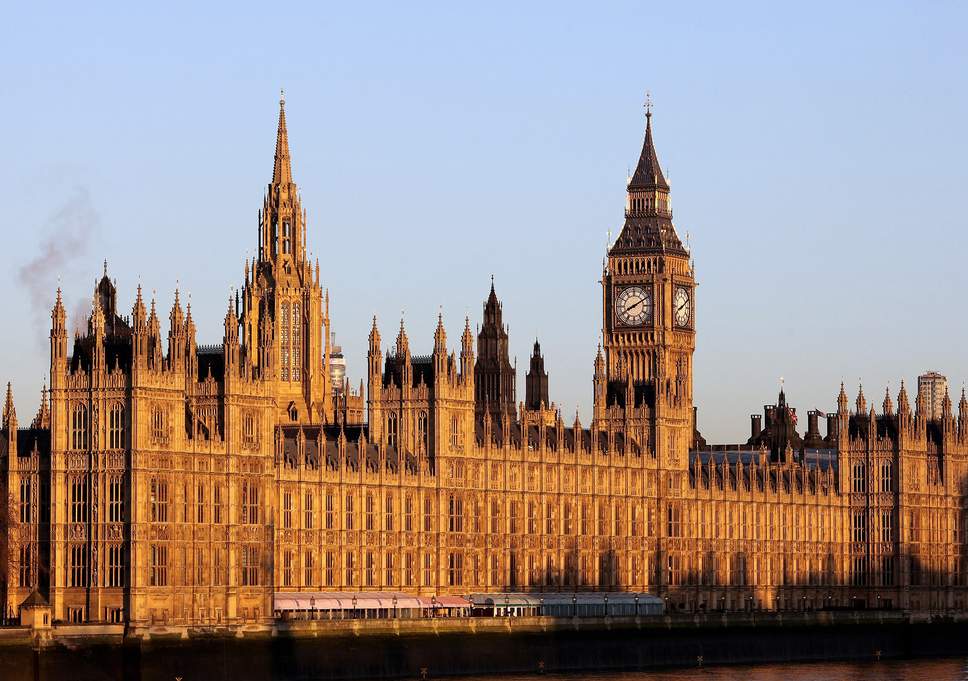28 March 2025
As we approach the time when Trade and Cooperation Agreement between the UK and the EU with be reviewed, the rhetoric around the upcoming negotiations is becoming increasingly heated. We shouldn’t take it all too seriously.
The TCA was an astonishingly good deal for the EU. The agreement that Boris Johnson’s government made fell far short of what it promised. In particular, the pretence that the UK would become an independent coastal state was fatally undermined by the permission given for European vessels to fish in UK Waters up to 6 miles from our shore.
The only bright point was that this concession was not permanent. In 2026, when the TCA is renewed, that free access comes to an end. From this point onwards, unless a new and different agreement is reached, access for EU boats to UK Waters, and vice versa, must be negotiated afresh every year.
For decades, European fisherman have done very nicely out of the deal that was done when the UK first joined what later became the EU. They’ve had a good run and profited very handsomely from their free access to the resources in Britain’s waters.
As we keep hearing these days, however, the world has now changed.
Britain isn’t part of the EU anymore. A deal was done when we left, and the EU signed up to it. In most respects, it was a remarkably good deal for the EU’s fishermen, but they appear now to be waking up to the fact that, while Boris Johnson cheerfully gave away most of the family silver, there is one small respect in which the EU did not quite get everything it could ever want.
Free access to the UK’s waters gives European vessels access to rich and healthy fishing grounds. Only finding out whether they will have the freedom to exploit that on an annual basis will deprive European fishing businesses of the certainty that they would have with permanent access rights. Or, of course, if they stuck to fishing in their own waters.
Businesses like certainty: it helps with planning and with raising capital to invest in new assets. Access to the UK’s waters is, in other words, valuable and something that most businesses know about things of value is that, if you want them, you generally have to pay for them.
Of course, if you want to act like a bully, or a child, rather than a businessperson, you could always try to simply take the things you want. In recent days, we have heard statements from various EU spokespeople to the effect that, if the UK does not reach a new agreement, favourable to the EU, on fisheries matters it will be excluded from proposed cooperation agreements on defence matters. Before that, we had more or less veiled threats that, unless we surrendered control over access to our fisheries, British products would be barred from European markets.
The British government must not capitulate to such outrageous demands. Nor, I would suggest, should it take the latest threats too seriously.
Are we really to believe that European member-state governments will sabotage an agreement for their own defence and security, unless the UK gives up the right to control access to its waters? If so, then any sensible observer giving the matter a moment’s thought must surely question whether this defence pact is really all that serious.
It strains credulity to suggest that the Swedish government will happily surrender its citizens’ safety, in the face of Russian aggression and American idiosyncrasy, so that French fishermen can have access to British waters without paying for the privilege. European solidarity is all well and good, but it is hard to believe that many European citizens would be willing to imperil their own security in order to unfairly enrich a handful of fishermen in a different nation. We shouldn’t lose sight of the fact that the EU may negotiate as a bloc, but it is still made up of separate nations, whose governments are answerable to their own electorates.
Our government must not cave in to this clumsy attempt at bullying by a few European politicians who seem happy to appear to be playing games with the safety and lives of their citizens. The revision of the TCA needs cool heads and calm words. Each affected sector should be considered according to its own needs and where one party seeks to change the deal that was done in 2020, it should expect to pay for the additional benefits it hopes to acquire. We need maturity and a business-like approach from our representatives, not the performative posturing that we have seen from the playground bullies that some of our European neighbours seem to be saddled with.
In this week’s Westminster Hall debate on fisheries, almost every speaker sought assurances from the government that it would not capitulate to this unfair pressure. Encouragingly, Minister Zeichner, responding on behalf of the government, spoke of his determination to get a ‘good deal’ for the UK’s fishermen. Long may this confidence and resolve continue.

